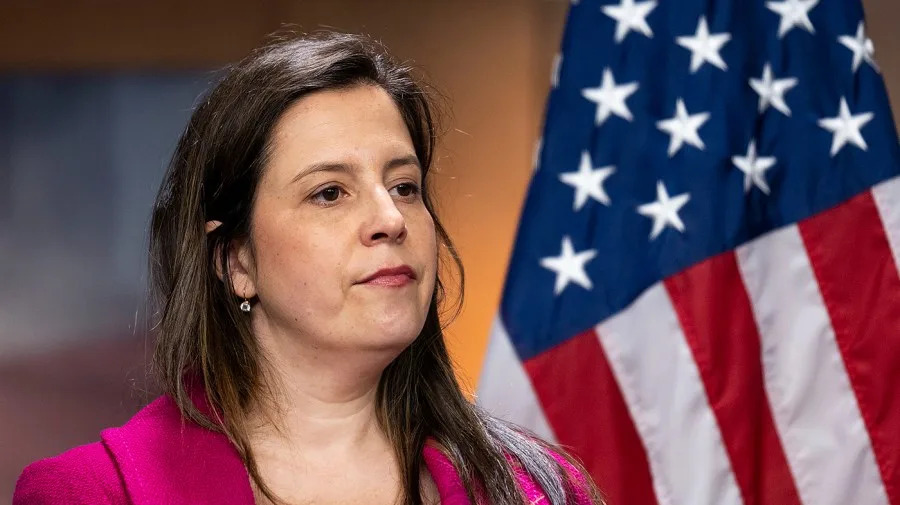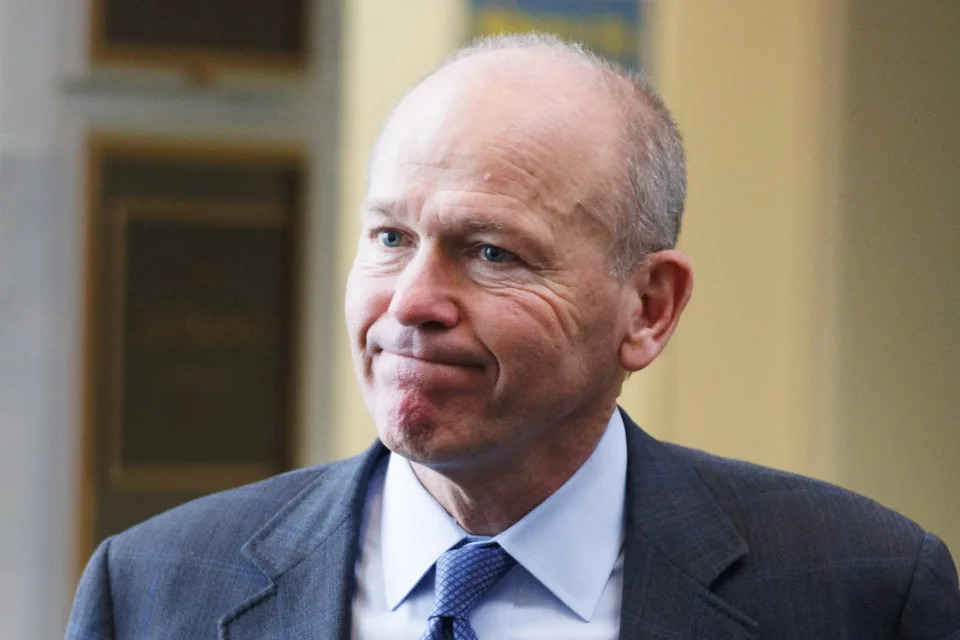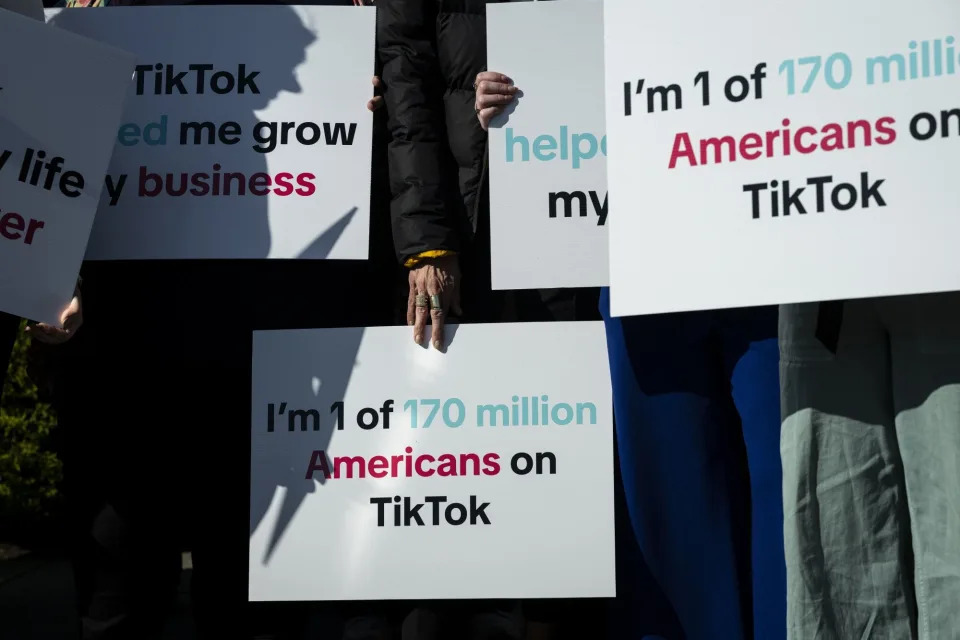Agence France-Presse
May 18, 2024

Kenyan President William Ruto speaks about recent floods during an address from State House in Nairobi on May 3, 2024 (AFP)
Lawmakers from President Joe Biden's Democratic Party on Friday accused House Speaker Mike Johnson of disrespecting Africa after he did not invite Kenyan President William Ruto to address Congress during an upcoming Washington visit.
Biden has invited the key U.S. regional ally next week for a state visit -- the most prestigious trip a foreign leader can pay to Washington, which includes a ceremonial welcome and formal dinner at the White House.
Leaders on state visits often also address joint sessions of Congress, but Johnson, a Republican, brushed aside an appeal for an invitation to Ruto made by both the top Democrat and Republican on the House Foreign Affairs Committee.
In a letter to Johnson, 14 House Democrats told Johnson they were "extremely disappointed" by the decision and said, "The people of Kenya deserve more respect."
"Foreign adversaries like China, Russia and Iran are working tirelessly to subvert America's alliances, particularly in Africa," wrote the lawmakers including Gregory Meeks, the top Democrat on the House Foreign Affairs Committee.
"Your choice not to provide the Kenyan president, a key African partner, the opportunity to address the Congress helps create an opening for autocratic adversaries to make inroads in African public opinion."
Four foreign leaders have addressed joint sessions of the current Congress, in which the Republicans control the House -- the prime ministers of India and Japan and the presidents of Israel and South Korea.
"Failing to offer the same invitation to President Ruto risks sending the message that African partnerships are less valued by Congress," the Democratic lawmakers wrote.
The speaker's office did not immediately respond to a request for comment. The state visit comes as the US election season enters full swing, with many lawmakers occupied by campaigning.
Kenya has long been a close partner of the United States both economically and diplomatically and has partnered with Washington on security issues including in neighboring Somalia.
More recently, Kenya has volunteered to take the lead in a security mission aimed at stabilizing violence-ravaged Haiti, a relief for the United States after months of searching for a solution.
The last African leader to address Congress was Liberian president Ellen Johnson Sirleaf, the continent's first female elected head of state, in 2006.










